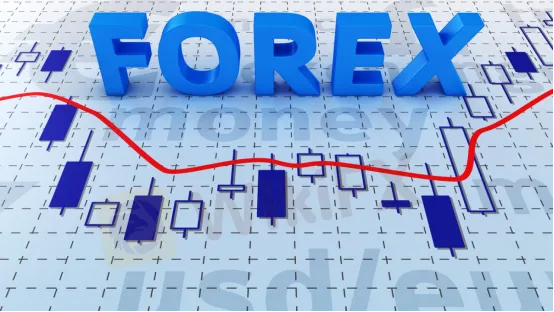简体中文
繁體中文
English
Pусский
日本語
ภาษาไทย
Tiếng Việt
Bahasa Indonesia
Español
हिन्दी
Filippiiniläinen
Français
Deutsch
Português
Türkçe
한국어
العربية
INSTRUCTION MANUAL FOR FOREX TRADING IN SOUTH AFRICA
Abstract:For many people all over the world, forex trading is a popular form of short-term investment and a source of additional or primary income. Forex trading is legal in South Africa, but many would-be traders are unsure of how to get started. This comprehensive beginner's tutorial covers the fundamentals of Forex trading as well as crucial phrases.

For many people all over the world, forex trading is a popular form of short-term investment and a source of additional or primary income. Forex trading is legal in South Africa, but many would-be traders are unsure of how to get started. This comprehensive beginner's tutorial covers the fundamentals of Forex trading as well as crucial phrases.
The process of purchasing and selling one currency for another is known as forex trading, often known as Forex Exchange or FX Trading. Every currency's price changes in relation to its peers since the Forex market is open. A trader can benefit by exchanging one currency for another and selling back when the price changes. Every day, millions of major and small traders throughout the world, including South African dealers, open trades on the market.
The Forex market in South Africa operates similarly to that in many other countries, but with certain local differences. It works like this in general:
When a person decides to become a trader in South Africa, he or she must first choose a brokerage, which acts as a middleman between the trader and the financial market.
A beginner trader establishes an account with a broker of their choice, deposits funds into the account, executes the first trades, and cancels the transaction with profit or loss.
One of the most often asked concerns is why an individual trader should select a broker rather than directly enter the Forex market. To enter the global financial market for currency speculations, a person must first complete some legal paperwork, obtain approval from market regulators, and make a seven-digit deposit. This is something that most retail merchants cannot afford. That is why they deal with brokers and trade with leverage.This rule applies to Forex trading in any country and can be used to get started in South Africa. Let's look at some local details.Legal status, low entry threshold, and ZAR accounts at local brokerages are all compelling reasons to trade forex in South Africa.

Disclaimer:
The views in this article only represent the author's personal views, and do not constitute investment advice on this platform. This platform does not guarantee the accuracy, completeness and timeliness of the information in the article, and will not be liable for any loss caused by the use of or reliance on the information in the article.
Read more

Unmasking the ‘Datuk’: The Anatomy of a RM638,205 Investment Scam
Authorities in Malaysia have launched an extensive investigation into a fraudulent stock investment scheme, which has resulted in losses amounting to RM638,205.

Unmasking the ‘Datuk’: The Anatomy of a RM638,205 Investment Scam
Authorities in Malaysia have launched an extensive investigation into a fraudulent stock investment scheme, which has resulted in losses amounting to RM638,205.

ATFX Enhances Trading Platform with BlackArrow Integration
ATFX integrates the BlackArrow trading platform, offering advanced tools for forex, crypto, and stocks with automation and real-time analytics for traders.

WikiFX Elites Club —— Fun Spring Camping in Malaysia Successfully Concluded!
From February 20 to 21, WikiFX Elites Club hosted an exclusive “Spring Camping” event in the stunning Cameron Highlands, blending forex trading excitement with the serenity of nature. Members engaged in simulated trading competitions, social networking, and outdoor adventures, fostering deep connections and valuable industry insights.
WikiFX Broker
Latest News
Germany's Election: Immigration, Economy & Political Tensions Take Centre Stage
WikiFX Review: Is IVY Markets Reliable?
Brazilian Man Charged in $290 Million Crypto Ponzi Scheme Affecting 126,000 Investors
ATFX Enhances Trading Platform with BlackArrow Integration
IG 2025 Most Comprehensive Review
SEC Drops Coinbase Lawsuit, Signals Crypto Policy Shift
Construction Datuk Director Loses RM26.6 Mil to UVKXE Crypto Scam
Should You Choose Rock-West or Avoid it?
Franklin Templeton Submitted S-1 Filing for Spot Solana ETF to the SEC on February 21
Scam Couple behind NECCORPO Arrested by Thai Authorities
Currency Calculator






